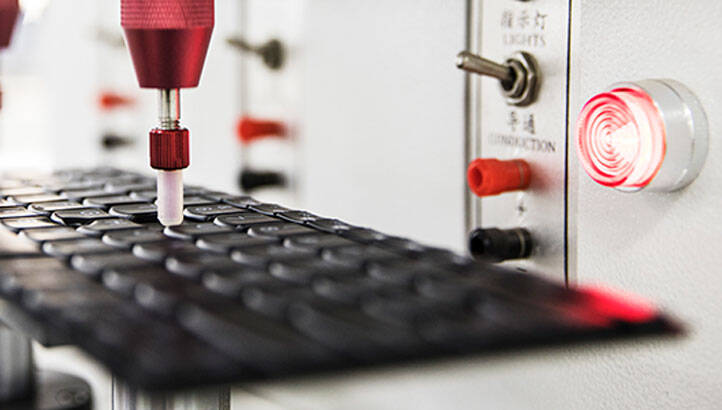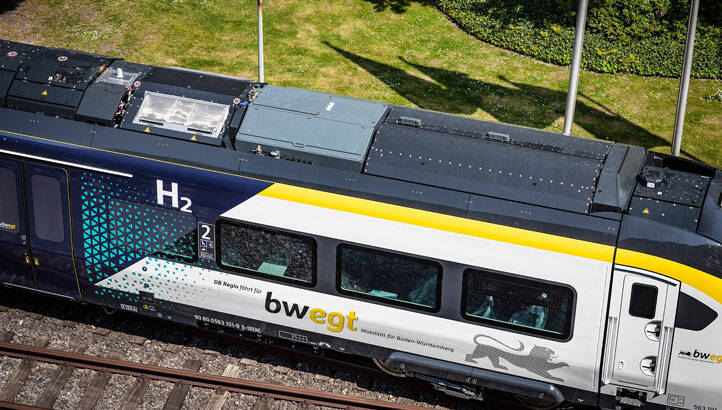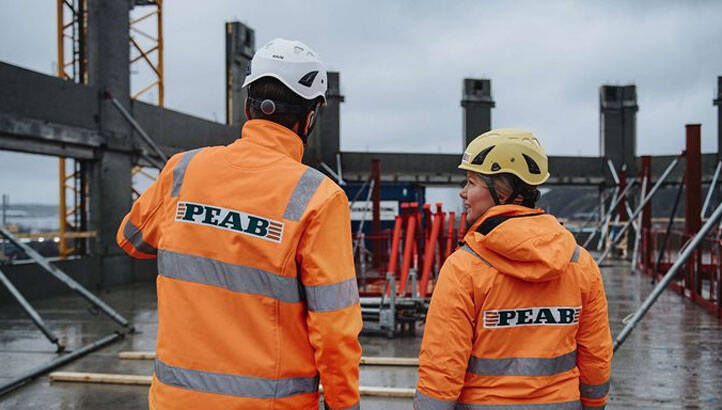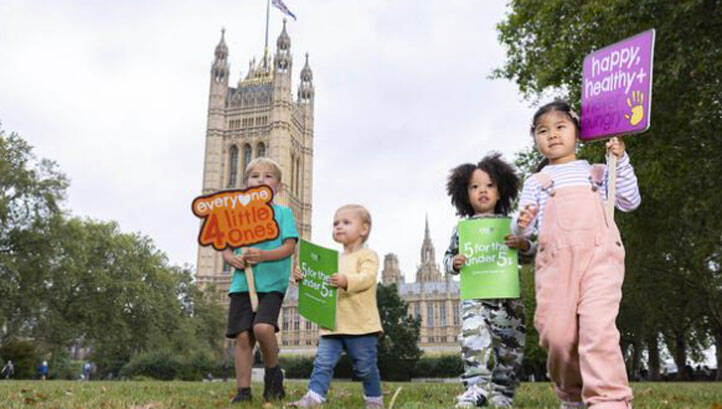This premium content is exclusive to edie Members.
To find out more about edie Membership, please click below.
If you are an existing member, login here

Published every week, this series charts how businesses and sustainability professionals are working to achieve their ‘Mission Possible’ across the campaign’s five key pillars – energy, resources, infrastructure, mobility and sustainability leadership.
Across the UK and across the world, leading businesses, cities, states and regions are turning environmental ambitions into action. Here, we round up five positive sustainability stories from this week.
ENERGY: Permission granted for Portugal’s largest onshore wind farm
This week saw EY publishing the 63rd edition of its biannual Renewable Energy Country Attractiveness Index (RECAI). It names the US, China, Germany, France, Australia and the UK as the six most attractive markets.
Nearer the bottom of the Index in 25th place is Portugal, which dropped by three spots since the last RECAI edition. Nonetheless, EY noted that progress is being made to bring battery energy storage using second-life components online in this market. It also highlighted increased interest in renewable power purchase agreements (PPAs).
Signs of positive change are visible. Iberdrola this week received final environmental approval to construct Portugal’s largest wind farm – a 274MW project that will be co-located with the Tâmega pumped-storage hydro complex.
The project will cross the border of the Vila Real and Braga municipalities in North West Portugal. Iberdrola is hoping to begin construction at the site, which was already designated for renewable generation, early next year.
A statement from Iberdrola confirms that the hydroelectric complex and wind farm will share a connection point and substation among other infrastructure. It reads: ”The incorporation of wind energy into the Tâmega hydroelectric complex increases the contribution of clean, cheap and competitive energy to the electricity system of these facilities and ensures that they supply the maximum amount of green energy originally authorised for each project, for as long as possible.”
RESOURCES: Ireland’s government to roll out refurbished laptops
The UN has named electronic and electrical waste, commonly called e-waste, as the world’s fastest-growing domestic waste stream. E-waste generation has increased by 82% since 2010 and less than one-quarter of this waste is documented as properly collected and recycled.
Developed nations are driving the E-waste problem. The nation generating the most e-waste overall is the USA, while the worst offenders on a per-capita basis are Norway, the UK and Switzerland.
Procurement by businesses and public sector bodies can help to close the loop. This is precisely what’s happening in Ireland, where the State is aiming for 80% of IT equipment to be either remanufactured or produced using low-impact methods.
The State this month signed a £30m, four-year deal to procure up to 60,000 remanufactured Notebooks from Circular Computing. The deal will feature devices from HP, Dell and Lenovo.
Circular Computing’s founder and chief executive Rod Neale said: ”Ireland has a deserved reputation as being a haven for technological innovation and this deal shows how it is also leading the way when it comes to embracing the global shift to remanufactured IT.”
MOBILITY: New green hydrogen production plant to serve Germany’s railways
Image: Siemens
Germany has a national net-zero target set for 2024. As part of its transport transition, its federal government has been encouraging a modal shift to rail for freight and for business and personal trips. It is also working with businesses in rail to support electrification and the use of hydrogen.
French renewable hydrogen developer Lhyfe recently confirmed the completion of a new 1MW electrolysis plant in Tübingen, south of Stuttgart, for Deutsche Bahn.
The facility will serve hydrogen demonstration projects on the rail, whereby the viability of hydrogen mobility will be tested on DB Route 74 between Tübingen, Horb and Pforzheim.
Tübingen is Lhyfe’s first plant in Germany. Another 10MW plant is currently being built in Schwäbisch Gmünd, east of Stuttgart.
THE BUILT ENVIRONMENT: Peab issues $141m green bond package
The Climate Bonds Initiative’s latest quarterly market report was released this week, confirming a record quarter for sustainable bond issuance. A total of $272.7bn of green, social and sustainability-linked bonds were added between January and March 2024 – 15% higher than Q1 2023.
Among the corporate issuers of green bonds this year is Swedish construction and civil engineering company Peab. Earlier this month, the firm confirmed the issuance of two green bond tranches, collectively amounting to SEK1.5bn or just over $141m. Investor interest was strong, with around 150 investors participating in the process.
Peab is aiming to reduce its operational and power-related emissions by 60% and halve its Scope 3 (indirect) emissions from purchased goods and services by 2030. Both targets are intensity-based and support a vision to achieve ‘climate neutrality’ by 2045.
Proceeds from the bonds will be spent on activities that drive decarbonisation including energy-efficient production processes, circular economy technologies and clean transportation. Money may also be allocated to water stewardship.
SUSTAINABILITY LEADERSHIP: Ella’s Kitchen advocates for UK-wide Future Generations Act
There are less than two weeks to go until the UK’s general election. NGOs and businesses across Britain’s green economy have been advocating for clearer plans from the next Government on how it intends to meet overarching commitments to cut emissions, restore nature, grow the economy and reduce socio-economic inequalities.
Baby and kids’ food brand Ella’s Kitchen specifically wants the next Government to bring forward a Future Generations Act to bake more long-term thinking into the policymaking process. Such an Act would require lawmakers to consider how every piece of legislation would impact the general public in the future.
Wales has already implemented such an Act. The UN is aiming to build global support for this approach, too.
A petition website from Ella’s Kitchen states that the Act would “put little ones at the heart of long-term decision-making” and focus policymakers’ minds on “making the UK the very best place to grow up”.
Former Welsh Future Generations Commissioner Sophie Howe said: “For too long, politicians have relied upon quick win, sticking plaster, politics that have failed to address the big issues facing people now, and fail to set us up for success in the future. The time for change is now”.







Please login or Register to leave a comment.